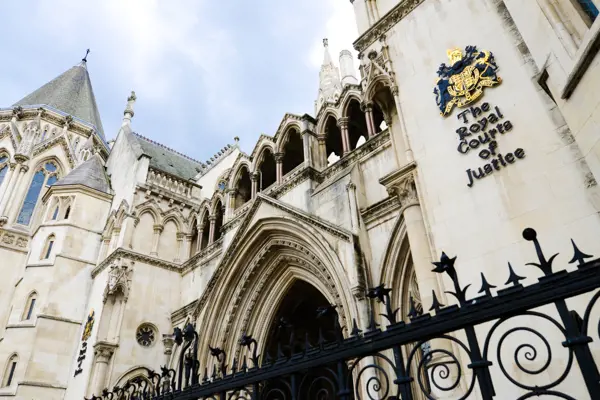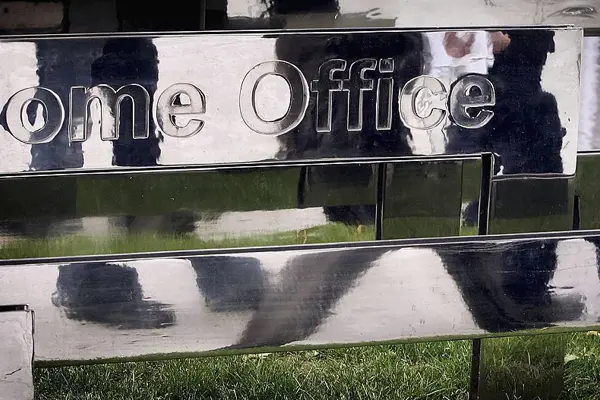Coroner describes man's death as “a cascade of individual failures"
Medical negligence lawyer settles claim on behalf of family whose son died at St George's Hospital in London.
Posted on 29 July 2014
Medical negligence solicitor Suzanne White from law firm Leigh Day has concluded a claim for a family whose 23 year old son, Kane Gorny, died after undergoing surgery for a hip replacement.
Ms White from the clinical negligence team at Leigh Day said: “Kane’s death should simply have not happened. For a coroner to rule that a patient has died of ‘dehydration contributed by neglect’’ is truly shocking”.
Kane died after medical staff failed to give him his medication for diabetes. He suffered from diabetes insipidus which prevents the kidneys from conserving water.
When Kane, in desperation, called the police they were turned away by staff on the ward.
His parents witnessed their son’s sudden collapse and attempts that were made to resuscitate his body soon after he died. Suzanne has also secured a settlement for Kane’s parents.
Kane was undergoing a hip replacement because steroid treatment from a previous brain tumour, from which he had made a full recovery, had weakened his bones.
After receiving treatment for a brain tumour Kane was left with diabetes insipidus, a condition which, amongst other things, is characterised by excessive thirst. When he was admitted for his hip surgery he took his diabetic medication with him which he needed to take three times a day. He was told that medication would be provided by the hospital during his stay.
However, no care plan was put together for his diabetes insipidus and no reference was made to the management of his condition following his surgery. He was not visited by the operating surgeon following the hip procedure, despite his case being a complex one.
Initially Kane made a good recovery from his hip operation, but some hours after surgery started to become aggressive. A day later he was showing signs of sluggishness and reported that he did not feel well. No measurement of his fluid output was taken.
Kane phoned his parents to say that he was not being allowed any water, and that the nurses and doctors would not help him. He continued to be aggressive and disruptive.
Kane phoned the police and when they arrived complained that he was thirsty, this was not recorded. There was no water by his bed and the police noted that Kane seemed to be fixated by water and was very thirsty.
Medical staff decided to tranquilise Kane to control his behaviour, but despite the hospital’s policy of requiring 15 minute checks on patients who had been rapidly tranquilised no formal observations were made on him.
Kane had become seriously dehydrated and the following day he collapsed. All attempts to resuscitate him failed and he died.
St George’s Healthcare NHS Trust has admitted that Kane’s death was caused or contributed to by a breach of the duty of care owed to him whilst he was an inpatient in hospital and, in particular, the failure to act upon his raised sodium levels post-operatively.
Suzanne White successfully argued that the hospital failed in its duty of care towards Kane and has secured compensation for the injuries and death of Kane, and for the psychological injuries suffered by his parents.
Ms White from Leigh Day said:
“A family has been left devastated by the loss of their son, in traumatic and distressing circumstances.
“Kane’s death could have been avoided if his complex medical needs had been properly considered by all the staff involved in his care.”

